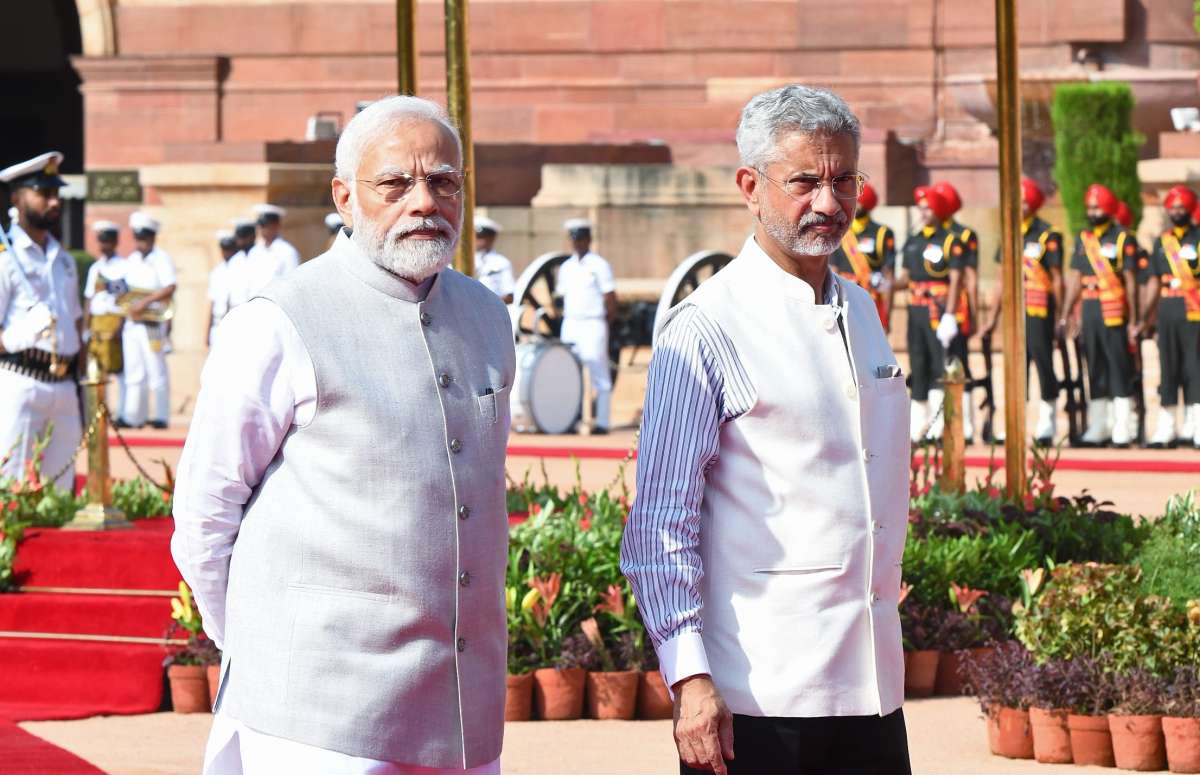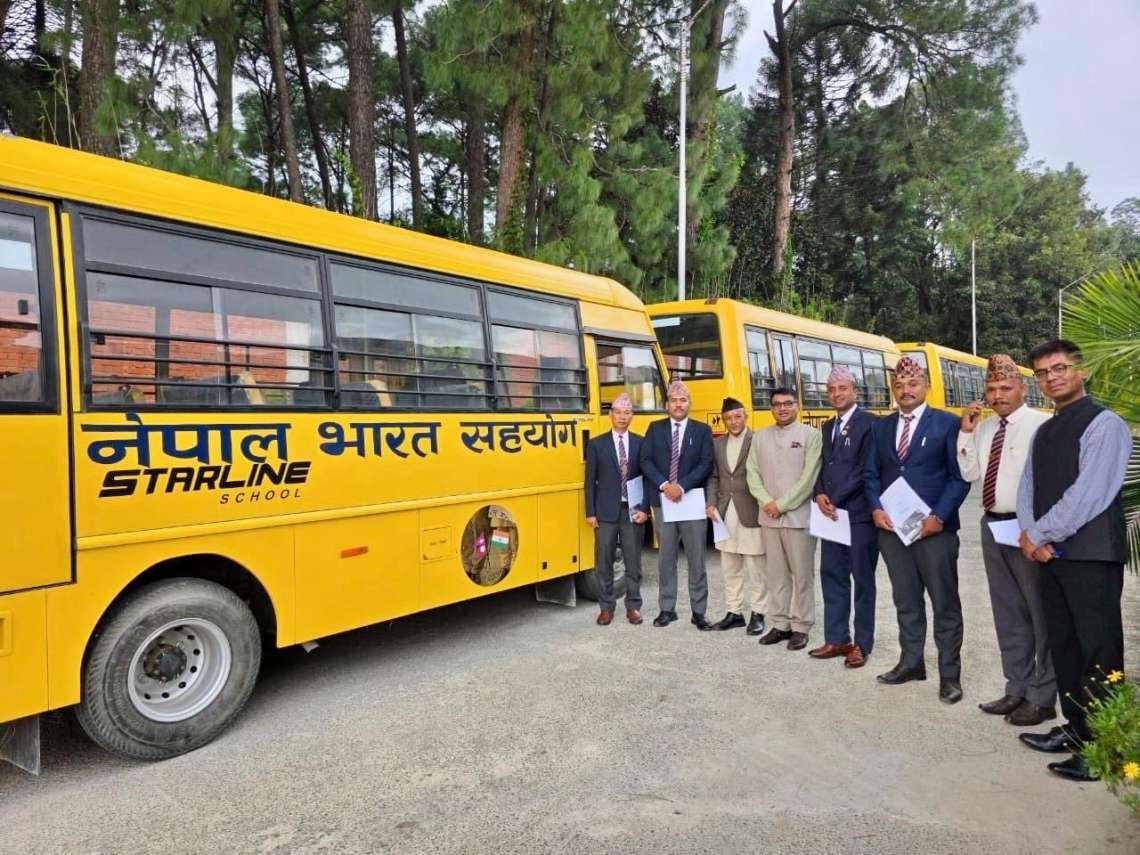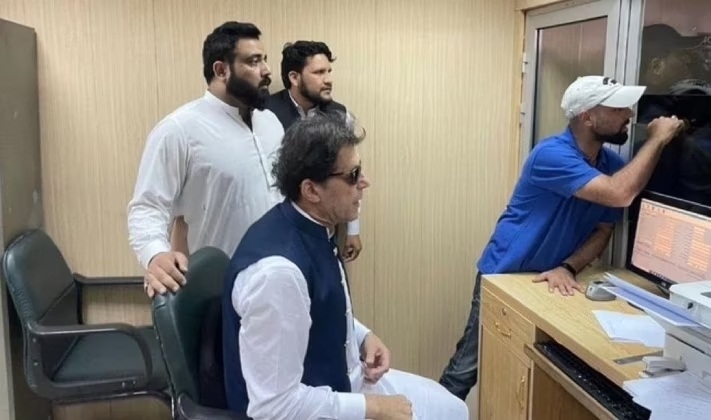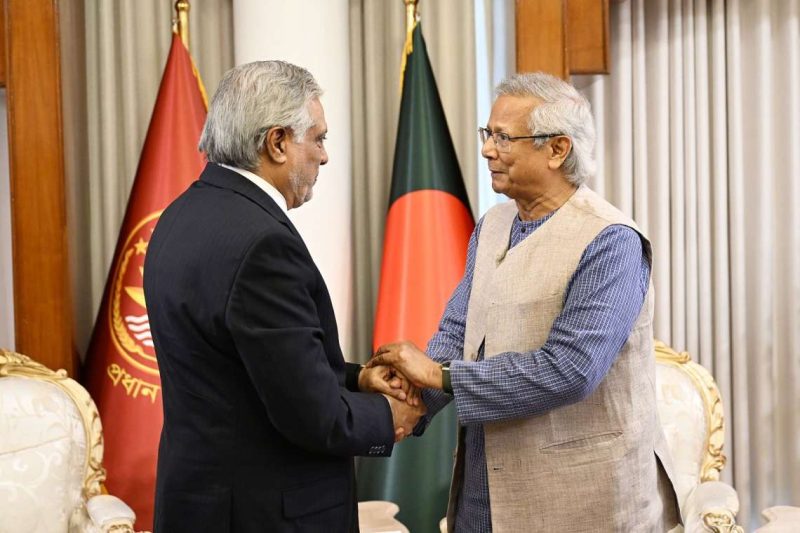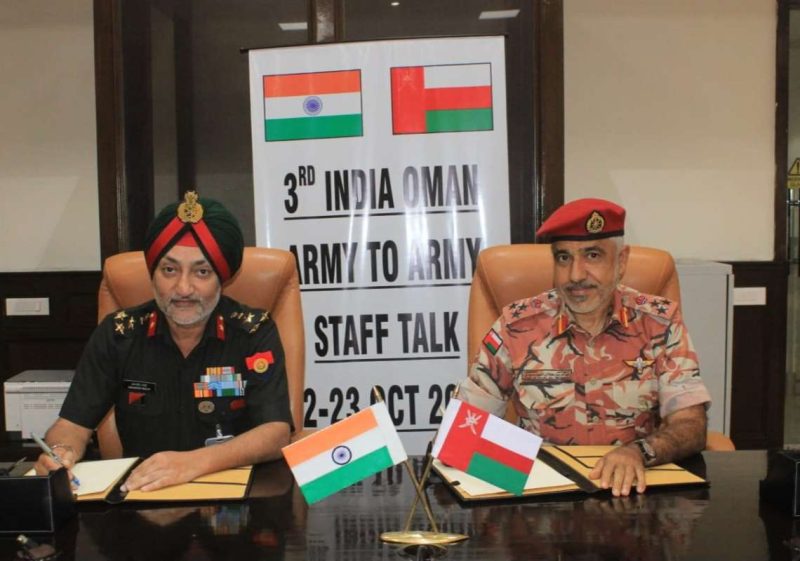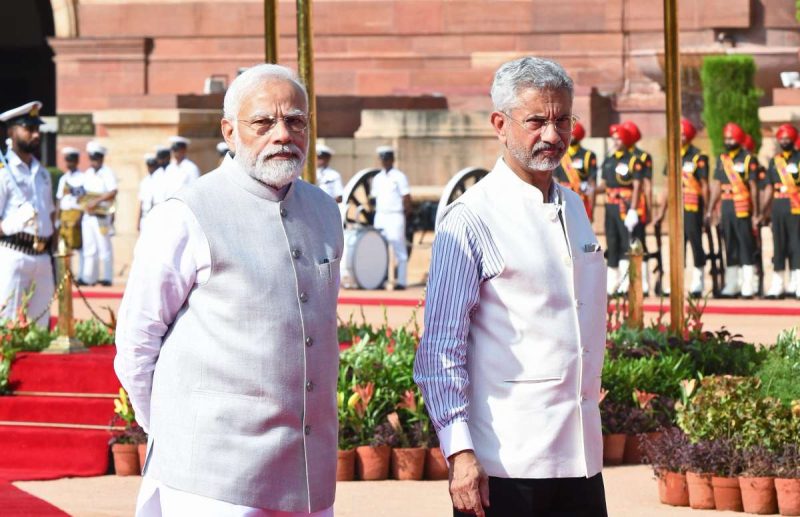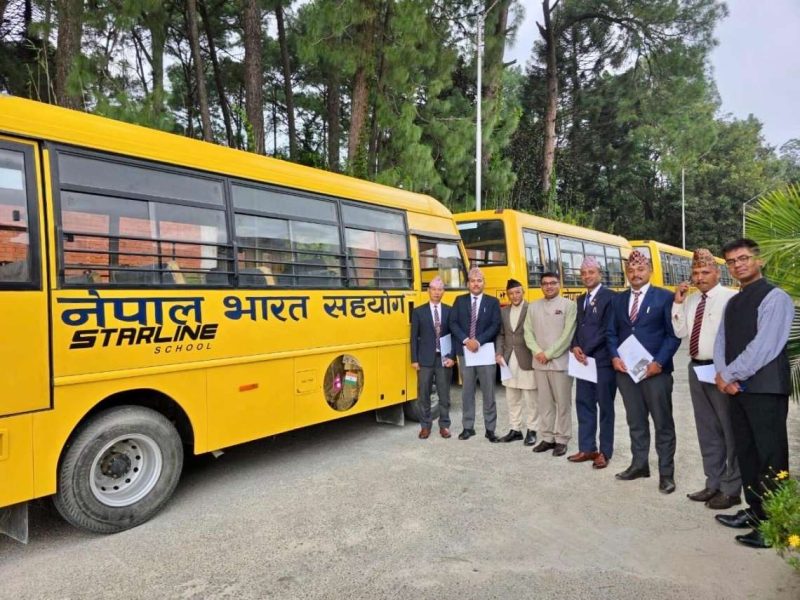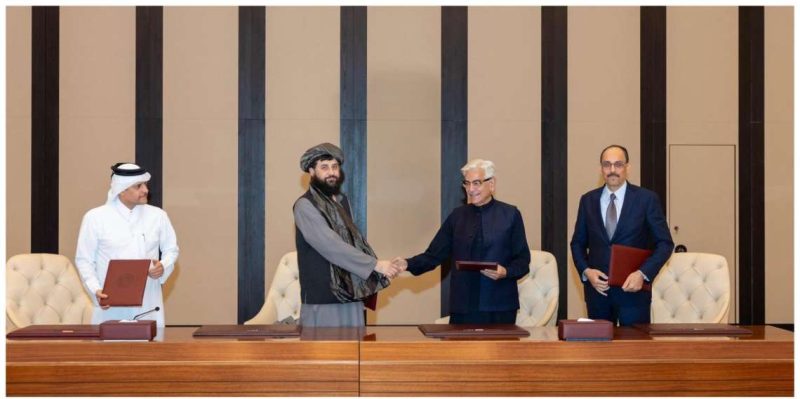The UK has made the Indo-Pacific ’tilt’ a permanent pillar of our international policy. The region is critical to our economy, our security, and to our interest in an open and stable international order…reports Asian Lite News
The UK and India concluded the seventh edition of the biennial exercise, Ajeya Warrior on Thursday.
Contingents from the British and Indian Armies have been undertaking training at the Salisbury Plain Training Area in the UK for the past two weeks. This year, Exercise Ajeya Warrior involved troops from the UK’s 16 Air Assault Brigade Combat Team and 2nd Battalion the Royal Gurkha Rifles and India’s 6th Battalion of the Bihar Regiment.
“Ex Ajeya Warrior culminated today after a Validation Exercise & Closing Ceremony at Imber Village, Salisbury. HC @VDoraiswami was the Chief Guest for the Closing Ceremony. The exercise has been extremely successful towards achieving high levels of integration and interoperability,” the High Commission of India, London tweeted.
Increasing the scope, complexity and dynamism considerably from previous iterations of the exercise, a company from the Bihar Regiment was integrated into the 2nd Battalion the Royal Gurkha Rifles battlegroup to conduct high-tempo operations in a pioneering simulated training environment.
Alex Ellis, British High Commissioner to India, said, “The UK and India are natural partners in defence and have increasing levels of interoperability, as shown by this highly complex and hands-on interaction between our militaries. The UK has made the Indo-Pacific ’tilt’ a permanent pillar of our international policy. The region is critical to our economy, our security, and to our interest in an open and stable international order.”
Brigadier Nick Sawyer, Defence Advisor, British High Commission, said, “Exercise Ajeya Warrior has been thoroughly testing the soldiers of both our nations, encompassing the uncertainty and complexity experienced in contemporary multi-domain operations. Throughout the exercise, both armies have had an opportunity to showcase their capabilities and emerging military technologies, as part of their respective drives toward modernisation. There is no doubt we will have learned from each other, yet again.”
Ajeya Warrior left both countries with an increased understanding of each other’s military capabilities and tactics, which is vital for a stronger UK-India strategic partnership, he added. (ANI)
‘Purpose of ‘Ajeya Warrior’ is to increase interoperability’
As the UK and India will conclude the seventh edition of the biennial exercise, Ajeya Warrior on Thursday, Indian High Commissioner to the UK Vikram Doraiswami said that the purpose of the joint military exercise ‘Ajeya Warrior’ is to try and increase interoperability between the armies and also to learn from each other.
Vikram Doraiswami made the remarks as he met the soldiers of India and the UK who are participating in Exercise Ajeya Warrior.
Contingents from the British and Indian Armies have been undertaking training at the Salisbury Plain Training Area in the UK for the past two weeks. This year, Exercise Ajeya Warrior involved troops from the UK’s 16 Air Assault Brigade Combat Team and 2nd Battalion the Royal Gurkha Rifles and India’s 6th Battalion of the Bihar Regiment.
Vikram Doraiswami said, “The purpose of this opportunity is to try and increase interoperability between the armies and also to learn from each other. There is something that the British Army could learn from us and given the quality and experience of the British Army’s planning processes, there are things that our people could learn from them.”
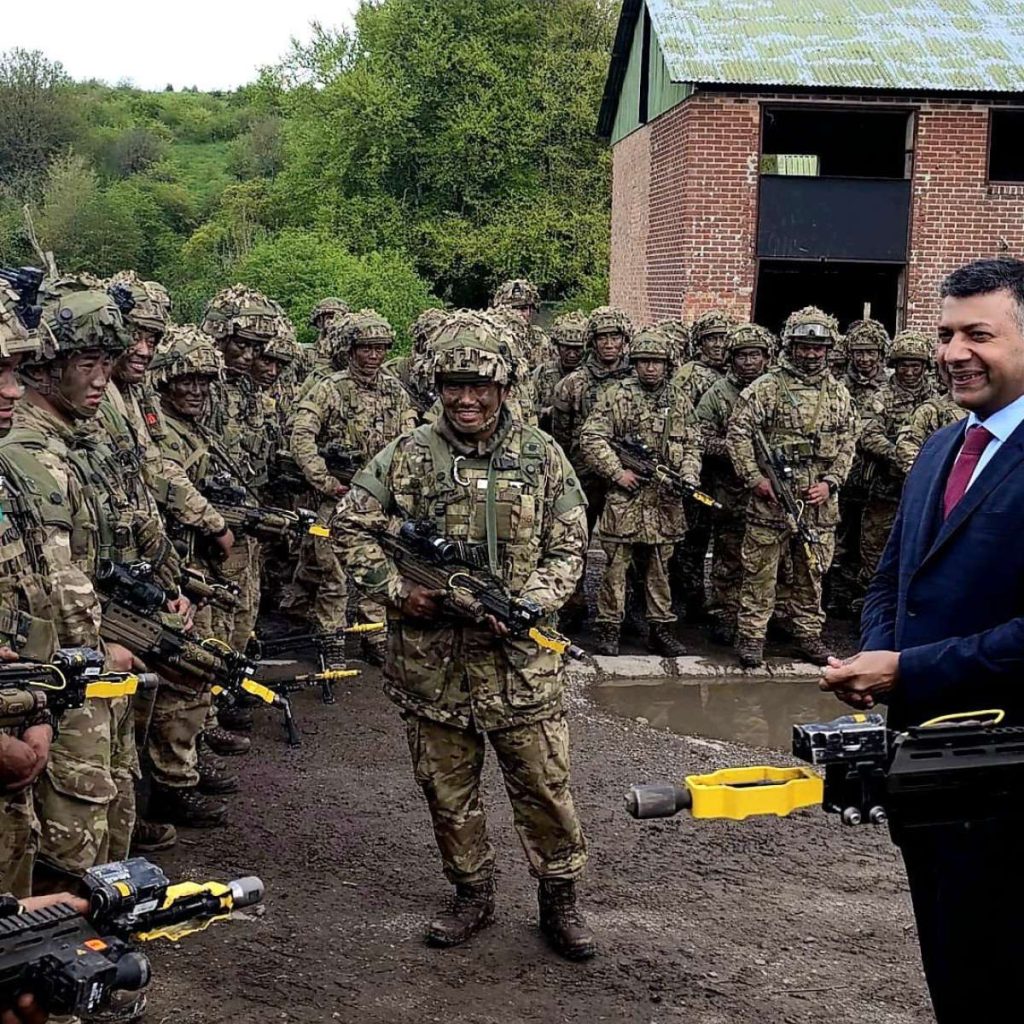
Doraiswami said that Exercise Ajeya Warrier is a “flagship exercise” between the armies of India and the UK. He said, “Exercise Ajeya Warrior is our flagship exercise between our two armies. It’s a biennial exercise and the purpose of this opportunity is to try and increase, of course, interoperability between the armies, but also to learn from each other. And as our British colleagues were telling us, one part, of course, is that there are similarities in the way we operate, in the way we are soldiers and men interact, which allows the two armies to integrate faster, which is really good to start an exercise.”
He noted that there are differences in the way the army executes its instructions. He said that the Indian army could learn from the British army considering their plan and processes.
Doraiswami said, “there’s also differences in the way things the army actually executes its instructions because of the difference in the scale of the army. Of course, there is some that the British army could learn from us. And of course, given the quality and experience of the British army’s planning processes, etc, there are things that our people could learn. And that, frankly, is the whole idea. Our army should be always at the top of its game. It should always be at the height of professionalism and everything that helps improve our skills is what the government and the nation should be able to do to invest in the army’s skilling processes. So, it’s a success in that sense.”
Speaking about his interaction with the soldiers of both sides, Vikram Doraiswami said, “I think the most touching part is the fact that the British Gurkha Regiment here and the Bihar Regiment soldiers, of course, have a lot in common, including Bollywood songs and language and cultural sort of frameworks of reference. But even with the Royal Irish unit that has been part of the exercise, I think the fact that they could bond so well suggests that our differences as people, as human beings, across cultures are actually much smaller than we think.”
Alex Ellis, British High Commissioner to India, said, “The UK and India are natural partners in defence and have increasing levels of interoperability, as shown by this highly complex and hands-on interaction between our militaries. The UK has made the Indo-Pacific ’tilt’ a permanent pillar of our international policy. The region is critical to our economy, our security, and to our interest in an open and stable international order.” (ANI)
ALSO READ-US, UK and Canada caution its citizens in Pakistan




